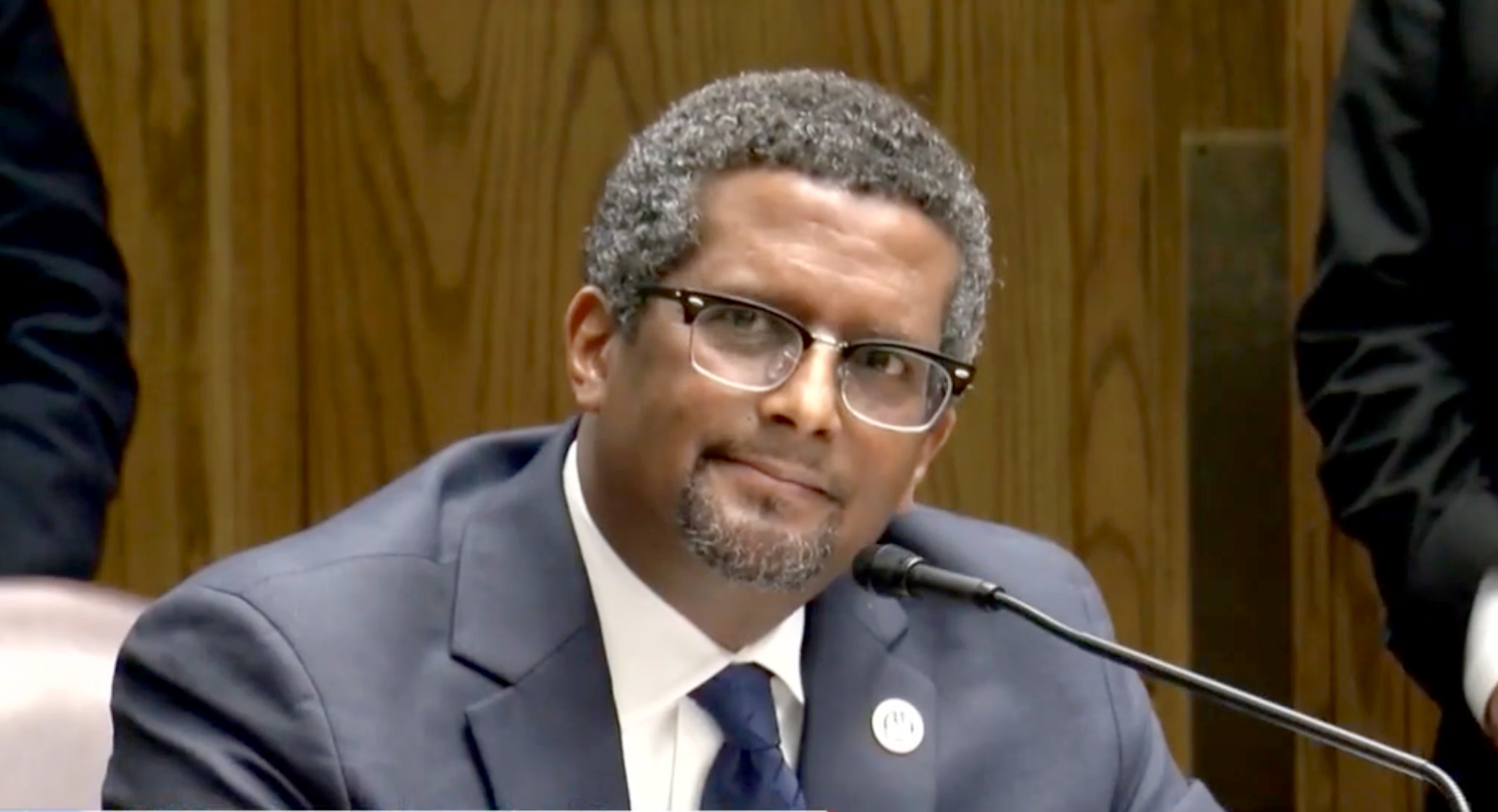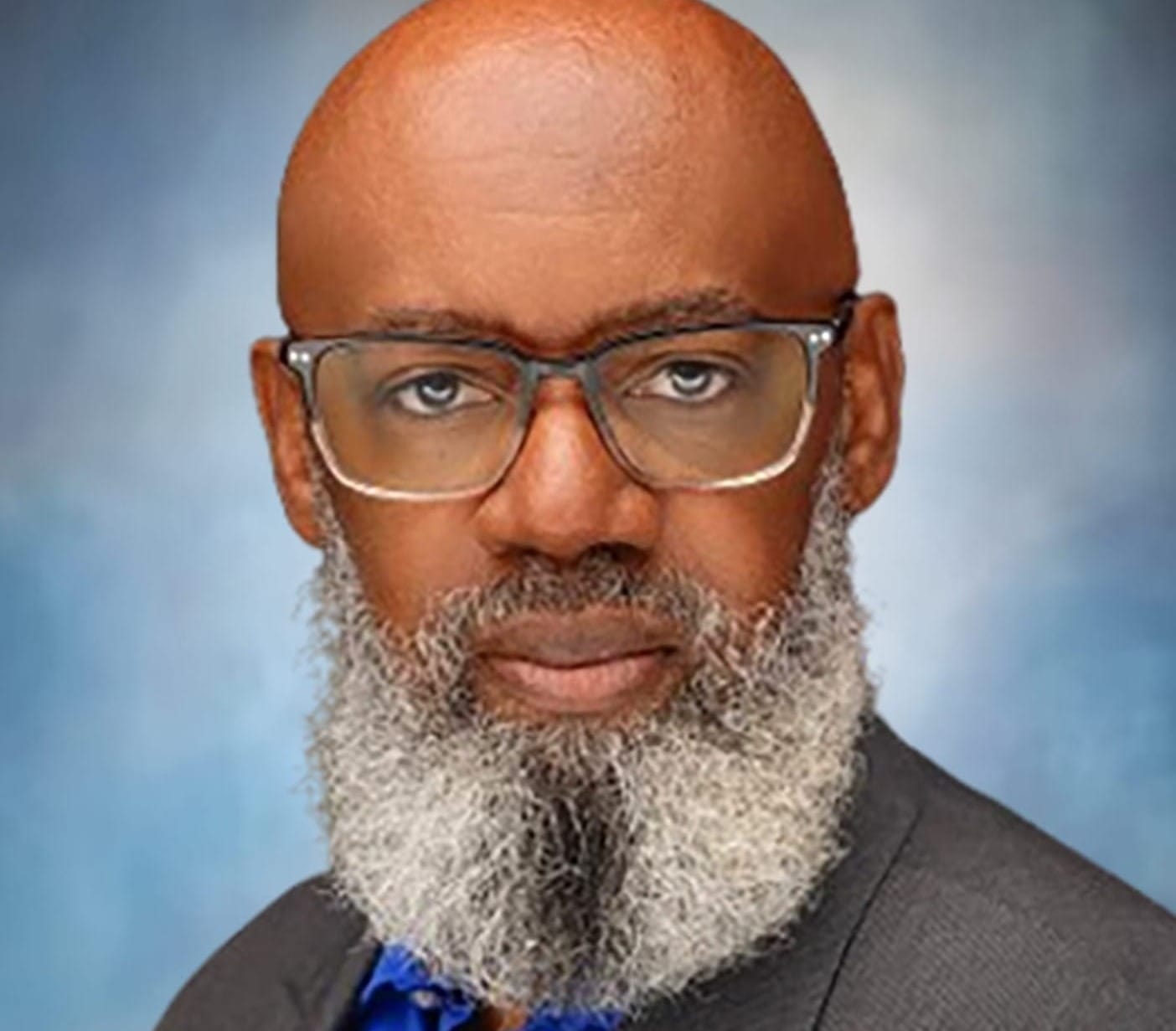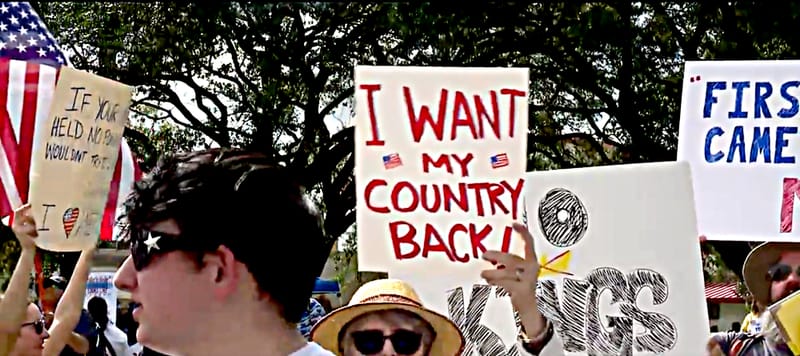Louisiana Lawmakers Concerned as Key Voting Rights Case Threatens Protections for Black Voters
The case challenges Louisiana's 2022 redistricting maps, with officials seeking to declare Section 2 of the Voting Rights Act unconstitutional, citing high Black voter turnout.
NEW ORLEANS – As the Martin Luther King Jr. Holiday approaches, Louisiana lawmakers are voicing strong concerns over the Nairne v. Landry case, a pivotal legal challenge that could undermine protections under the Voting Rights Act (VRA). Specifically, the case centers on Section 2 of the VRA, which prohibits racial discrimination in voting, and its potential removal could reverse decades of progress in securing fair political representation for Black voters in Louisiana.
The case arises from a dispute over the state’s 2022 redistricting maps, which have been criticized for diluting Black voting power. Louisiana officials are urging the U.S. 5th Circuit Court of Appeals to declare Section 2 of the Voting Rights Act unconstitutional, arguing that the state no longer requires federal oversight due to high Black voter turnout. Deputy Solicitor General Morgan Brungard argued that "conditions that originally justified these measures no longer apply.”
However, for many lawmakers in Louisiana, particularly those representing Black communities, the outcome of this case could have profound consequences. Currently, the state’s redistricting maps include only 28 majority-Black districts out of 105 in the House and 11 out of 39 in the Senate, despite Black residents making up nearly a third of Louisiana’s population.
Rep. Edmond Jordan, D-Baton Rouge, is among those advocating for change, planning to introduce a new redistricting bill during the upcoming legislative session. Jordan believes Louisiana’s current district maps fail to reflect the state’s diverse demographic and is calling for the creation of at least six additional majority-Black districts in the House and three in the Senate.
In a significant ruling last year, U.S. District Judge Shelly Dick found that Louisiana’s redistricting plan violated the Voting Rights Act, blocking future elections under the current maps. However, special elections for two vacant Senate seats are scheduled for February 2025.
If the state’s appeal succeeds and Section 2 is declared unconstitutional, it could set a dangerous precedent, allowing other states to implement discriminatory voting laws without federal oversight. Legal experts warn that such a ruling could undermine the political power of Black communities, making it harder for voters to elect representatives who truly reflect their interests.
The U.S. Department of Justice (DOJ) has intervened in the case, defending the constitutionality of Section 2 and stressing that Louisiana’s argument could encourage other states to bypass voting protections. DOJ attorney Noah Bokat-Lindell emphasized that states cannot seek exemptions from federal laws meant to protect civil rights.
Louisiana Attorney General Liz Murrill, however, has argued that Black voters would still be protected under the Equal Protection Clause of the 14th Amendment if Section 2 were struck down. She also expressed hope that the U.S. Supreme Court would ultimately address the issue.
As the case progresses, the outcome could have major implications for Black voters and voting rights protections in Louisiana and across the country. With the Martin Luther King Jr. Holiday serving as a reminder of the ongoing fight for civil rights, the timing of this legal challenge is significant. For Louisiana lawmakers and advocates, Nairne v. Landry is not just a legal case – it’s a critical battle to preserve the hard-won progress of the civil rights movement and ensure fair representation for all voters in the state.







